Expert Tips For Dealing With Urgent Plumbing Issues
When plumbing issues strike unexpectedly, knowing how to handle them is crucial. In this blog, we’ll share expert tips and answers to common questions about urgent plumbing problems, ensuring you’re prepared for any emergency.
Plumbing emergencies can strike any moment, leaving you overwhelmed and unsure how to proceed. That’s why we’re here to provide expert tips on dealing with urgent plumbing issues.
From burst pipes to water leaks and everything in between, our team of experienced plumbers has gathered a wealth of knowledge to help you navigate these stressful situations. In this article, we’ll guide you through step-by-step solutions, offer preventative measures, and share insider tricks of the trade to ensure you’re prepared for any plumbing crisis that comes your way.
We’ll cover everything from understanding the nature of these emergencies to being prepared before disaster strikes. Discover our invaluable tips for dealing with urgent plumbing issues like a pro.
Understanding Common Plumbing Emergencies
In the world of plumbing, emergencies can strike when you least expect them. Identifying and addressing these common plumbing emergencies can be the difference between a minor inconvenience and a major disaster. Let’s dive into the most frequently encountered plumbing emergencies that homeowners in Sydney may face.
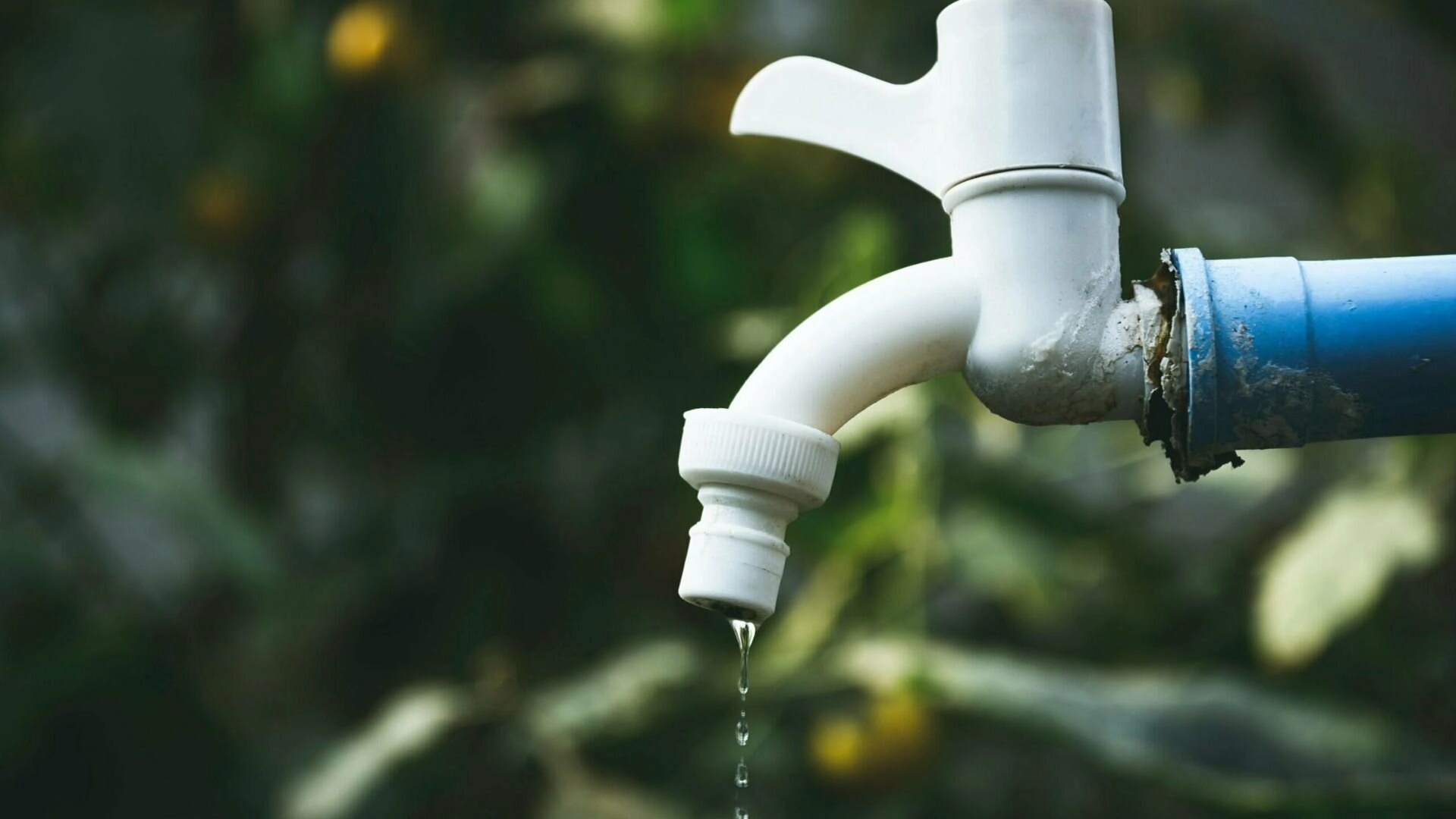
1. Burst Pipes
When a pipe bursts , it can unleash a torrent of water into your home, causing extensive damage. This often happens due to freezing temperatures or corrosion. Immediate action is crucial to minimise the impact.
2. Clogged Drains
Blocked drains are a nuisance that can lead to slow drainage or backups. A build-up of hair, grease, soap scum, or foreign objects in your plumbing system typically causes them.
3. Leaky Faucets
A dripping faucet may seem minor , but it can waste significant water over time and increase water bills. It’s usually the result of worn-out washers or seals.
4. Running Toilets
A toilet that continues to run after flushing can waste hundreds of gallons of water daily. The culprit is often a faulty flapper valve or fill valve.
5. Water Heater Failures
A malfunctioning water heater can leave you shivering in the shower. Common problems include a lack of hot water, strange noises , or small leaks.
6. Blocked Sewer Lines
A blocked sewer line can lead to sewage backup in your home—a situation no one wants to deal with. Tree roots , debris, and grease are common culprits.
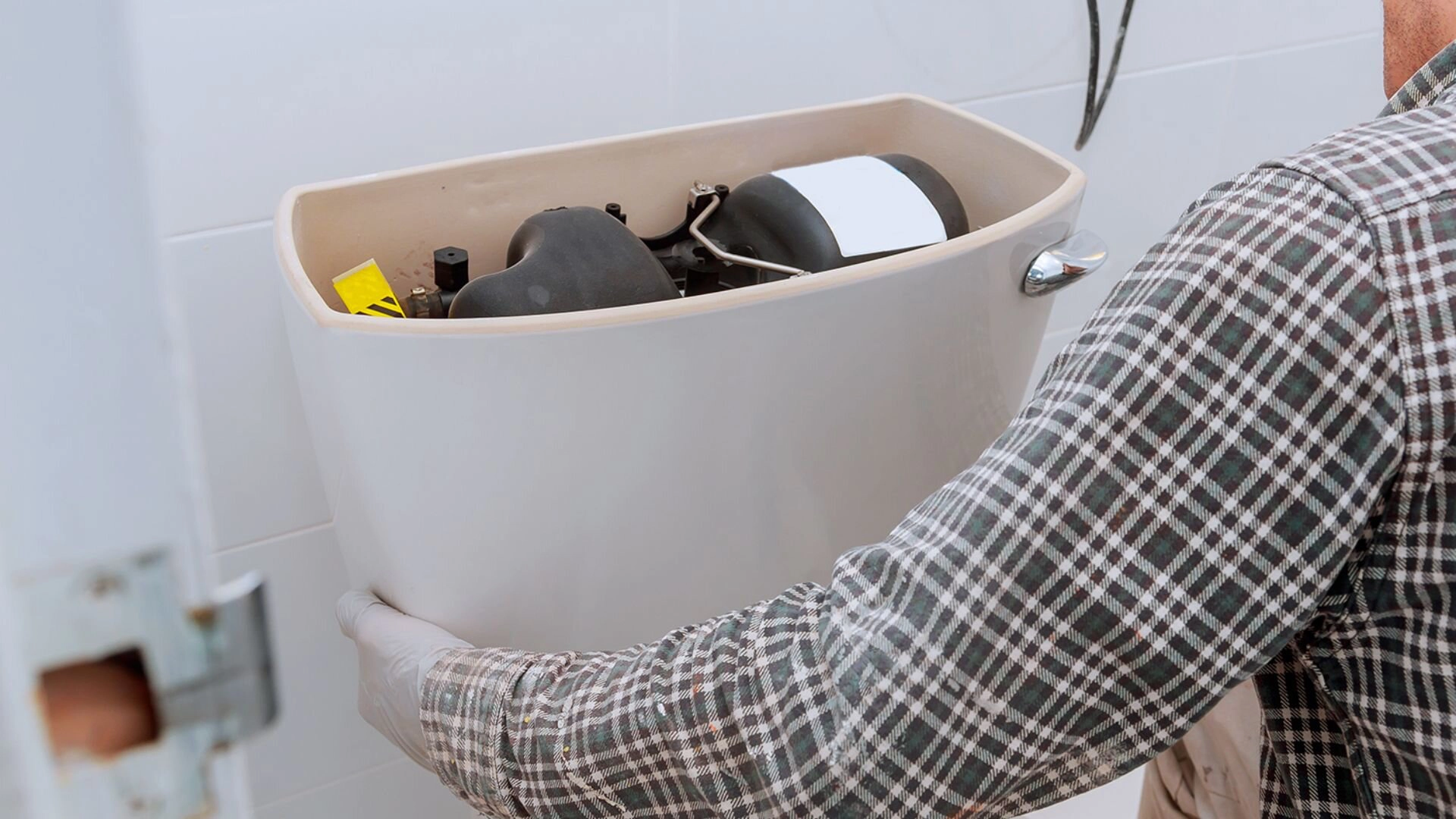
Preventive Measures To Avoid Plumbing Emergencies
Maintaining a healthy plumbing system is essential for your home’s smooth functioning and avoiding costly repairs. You can maintain your plumbing system by implementing preventive measures and good maintenance practices. Here are some critical steps to help you maintain a healthy plumbing system:
Regular Maintenance
Schedule regular inspections by a professional plumber to identify and address any potential issues before they become significant problems. They can check for leaks, inspect pipes, and ensure the proper functioning of fixtures and appliances.
Practice Smart Water Usage
Be mindful of your water usage to prevent unnecessary strain on your plumbing system. Avoid excessive water pressure by installing a pressure regulator, fixing any dripping faucets promptly, and repairing leaks as soon as they are detected.
Be Mindful of What Goes Down the Drain
Avoid pouring grease, oil, coffee grounds, and other substances that can cause a blocked drain. Drain guards or screens are used to catch hair, food particles, and other debris before they enter the plumbing system.
Educate Family Members
Teach everyone in your household about the proper use of toilets and sinks. Only flush human waste down the toilet, and avoid using sinks or toilets as garbage disposals. This will help prevent clogs and backups.
Regularly Clean Drains
Use natural drain cleaners or enzymatic treatments regularly to maintain clean drains. This can help prevent debris build-up and keep drains flowing smoothly.
Insulate Exposed Pipes
During colder months, insulate any exposed pipes to prevent freezing and potential bursting. Frozen pipes can lead to significant water damage when they thaw, so take proactive measures to protect them.
Avoid Chemical Drain Cleaners
Chemical drain cleaners can be harsh on your plumbing system and may cause damage in the long run. Instead, opt for natural or enzymatic drain cleaning solutions or consult a professional plumber for effective alternatives.
Be Careful with DIY Repairs
While it may be tempting to tackle plumbing repairs yourself, exercise caution. Incorrect repairs can worsen the plumbing problem and lead to more extensive damage. If you need more clarification, it’s best to seek professional assistance.
Immediate Steps When Facing a Plumbing Emergency
When faced with a plumbing emergency, remaining calm is crucial to facilitate swift resolution and minimise damage. First, locate the main water shut-off valve, typically near the water meter, to halt flooding from burst pipes. If electrical appliances are involved, shut off power to prevent hazards. Assess if it is a burst pipe, clogged drain, or leaking fixture to communicate effectively when calling a plumber .
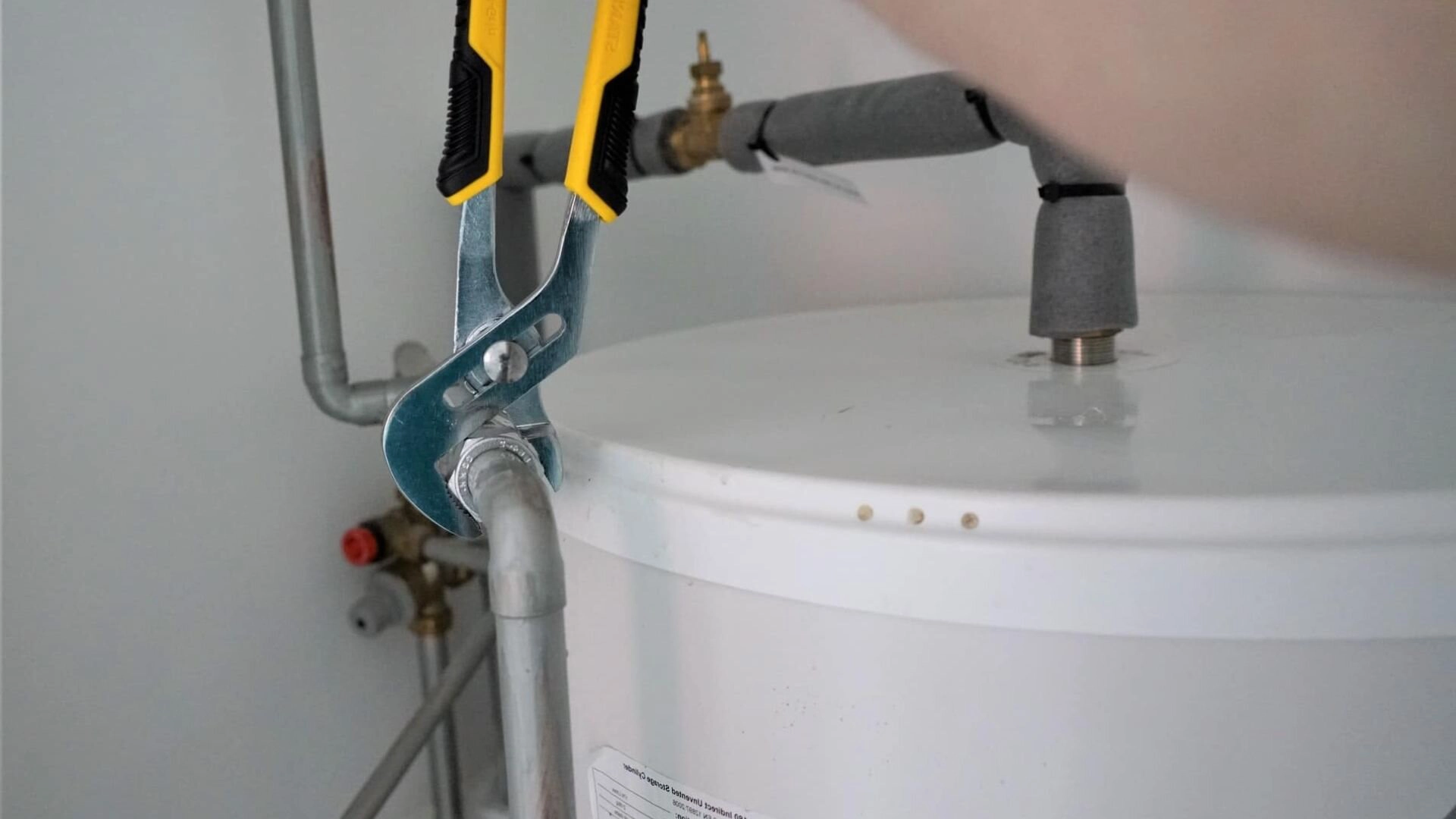
Attempt temporary fixes if you have the skills and tools, like sealing minor leaks with pipe clamps. However, these are short-term solutions until professional repairs can be made. Contact a reputable, licensed plumber immediately, providing precise details on the issue and temporary measures taken. Time is of the essence in plumbing emergencies, so getting an expert on the scene quickly is critical.
Staying calm, shutting off water, and getting a plumber dispatched without delay will help rein in a plumbing crisis. While waiting, contain damage through simple fixes. With swift response and the proper assistance, plumbing disasters can be resolved efficiently, safely, and with minimal lasting effects.
DIY Plumbing Fixes For Emergencies
In a plumbing emergency, quick action can make all the difference. While knowing when to call in a licensed plumber is essential, you can try several DIY plumbing fixes to mitigate the immediate issue. Here are some expert-recommended steps for tackling common plumbing problems on your own:
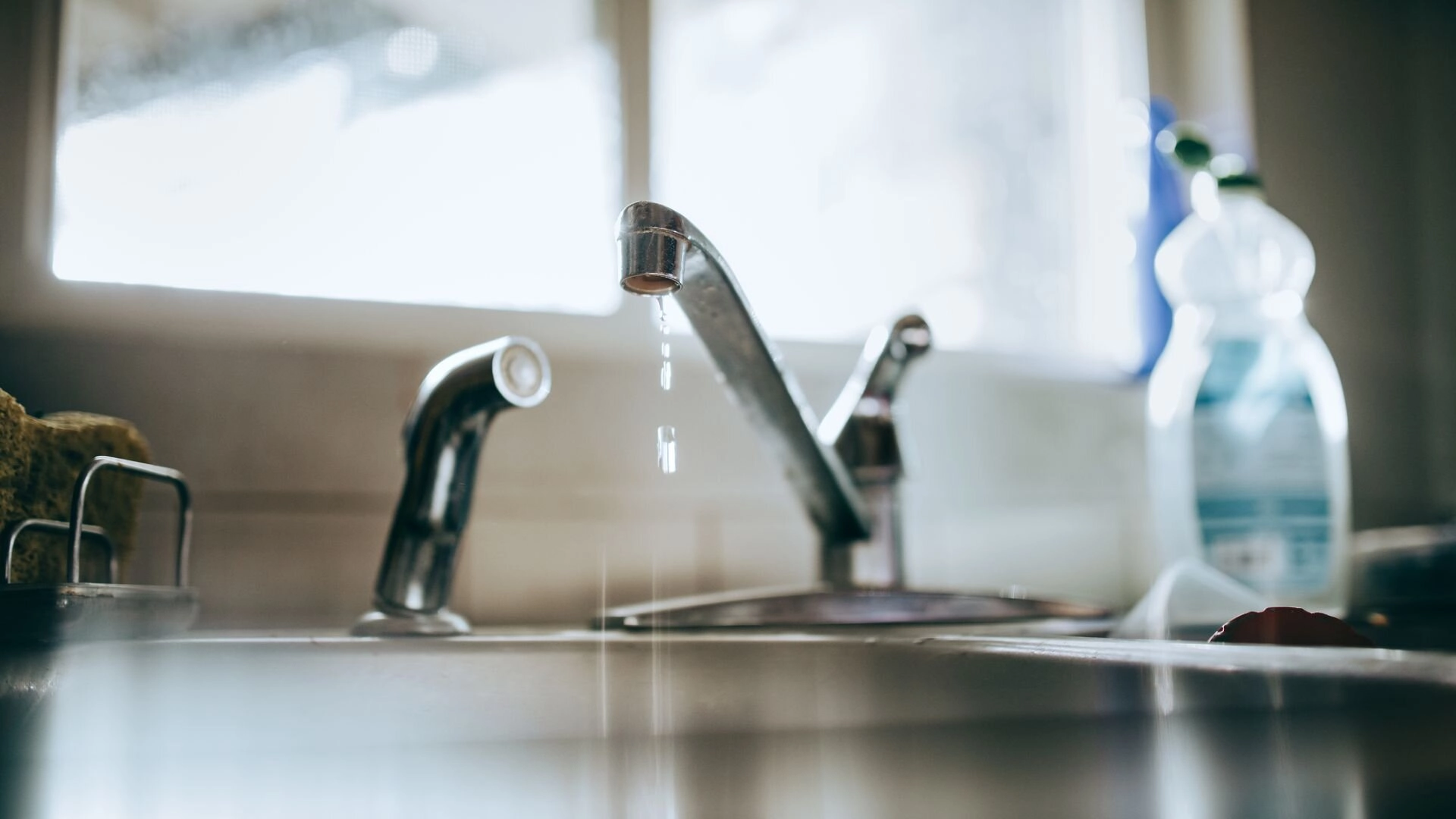
Fixing a Leaking Pipe
If you encounter a leaking pipe, turn off the water supply using the main shut-off valve. Once the water is off, you can use a pipe clamp or plumber’s tape to seal the leak until the plumber arrives temporarily. Remember, this is a temporary fix, and you should still contact an emergency plumber for a permanent solution.
Clearing a Clogged Drain
A clogged drain can cause significant inconvenience. To clear a minor clog, try using a plunger. Place the plunger over the drain and create a tight seal.
Then, vigorously plunge up and down several times to dislodge the blockage. If this doesn’t work, you can use a drain snake or a mixture of baking soda and vinegar to break up the clog. However, avoid using chemical drain cleaners, which can damage your pipes.
Repairing a Running Toilet
A constantly running toilet can waste water and increase your utility bills. To fix this issue, open the toilet tank and check the flapper valve. If it’s damaged or worn out, replace it with a new one.
Adjust the chain length if necessary, ensuring that the flapper seals properly. If the problem persists, you may need to replace other components, such as the fill or flush valve seal.
Dealing with a Water Heater Issue
If your hot water system suddenly stops working, it could be due to a malfunctioning water heater. Before attempting any repairs, turn off the power and water supply to the heater.
Check if the pilot light is lit. If not, follow the manufacturer’s instructions to relight it. If the pilot light remains lit, but you still don’t have hot water , it’s best to contact an emergency plumber to diagnose and fix the problem.
Calling In The Pros: When To Seek Professional Help
When faced with a major plumbing emergency, there are times when it’s essential to seek professional help rather than attempting to tackle the problem on your own. One such situation is when you’re dealing with flooding or burst pipes.
These emergencies can cause extensive water damage to your property, and professional plumbers have the expertise to identify and repair the source of the leak quickly, minimising further damage. Gas leaks are another urgent matter that requires immediate professional assistance.
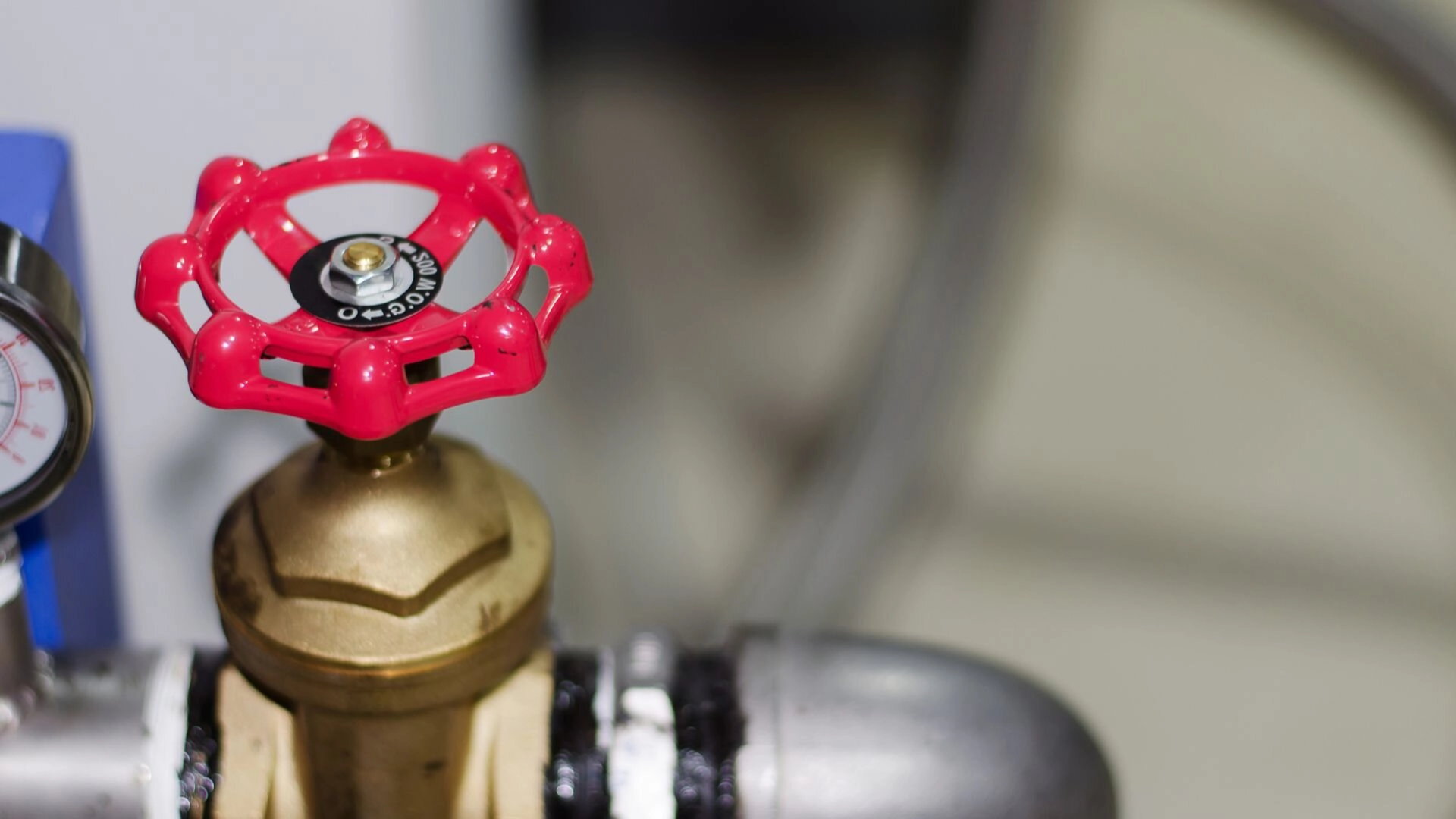
Suppose you smell gas in your gas lines or suspect a gas leak. In that case, evacuating the premises and contacting an emergency plumber or your gas company is crucial, as they have the proper knowledge and equipment to detect and repair gas leaks safely. Sewage backups are not only unpleasant but also hazardous to your health.
Professional plumbers are equipped to handle these situations, ensuring a safe and thorough cleanup. If you suddenly find yourself without a water supply, an experienced plumber can diagnose the cause and repair it.
Lastly, complex emergency plumbing installations or upgrades are best left to emergency plumbers with the expertise to ensure the job is done correctly and complies with building codes. Seeking professional help during urgent emergency plumbing issues can save you from further significant damage, ensure your safety, and provide peace of mind knowing that a local plumber in the field is handling the problem.
Contact Service First For Expert Plumbing Services In Sydney
To effectively deal with emergency plumbing issues, it is essential to act quickly and take the necessary steps to minimise damage and ensure the safety of your home. The expert tips provided in this blog offer valuable guidance for addressing these emergencies.
However, Service First Plumbing is ready to help if you need professional assistance. With their expertise and commitment to customer satisfaction, you can trust them to handle any emergency plumbing situation efficiently and effectively.
Don’t hesitate to for prompt and reliable service. Your peace of mind and the well-being of your home are their top priorities.